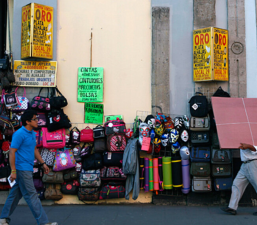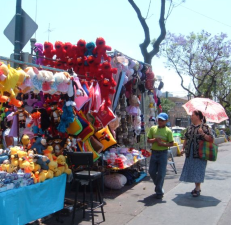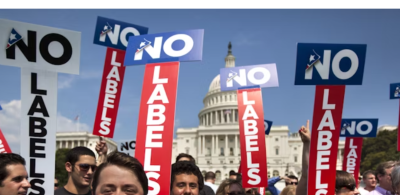When the economic crisis comes, housing prices plummet, the stock market crashes, the bond market plummets, and factories close down, and a large number of workers lose their jobs. Therefore, the vast majority of people will not benefit. Especially for families who are still paying off their mortgages, when they encounter an economic crisis, someone in the family loses their job, and life becomes even more difficult.
When the economic crisis comes, housing prices plummet, the stock market crashes, the bond market plummets, and factories close down, and a large number of workers lose their jobs. Therefore, the vast majority of people will not benefit. Especially for families who are still paying off their mortgages, when they encounter an economic crisis, someone in the family loses their job, and life becomes even more difficult.

However, in the face of the economic crisis, there are also a group of people who are not affected, such as civil servants, public institutions, and personnel in the cultural, educational and health systems. The wages and salaries of these classes will not be reduced. If there is deflation, prices on the market will fall sharply, and the purchasing power of the wages in hand will be better than in the past. These people are much less affected by the economic crisis than ordinary people.
In addition, when an economic crisis comes, the currency often depreciates, which provides opportunities for two types of people: one is people who hold a large amount of gold, because an economic crisis can easily trigger a financial crisis, and after a currency has a crisis of confidence, holding gold will relatively preserve and increase its value. The United States had a crisis in 2008, and the Federal Reserve introduced quantitative easing, which led to a sharp rise in international gold prices.
The second type of people are those who grow agricultural products and those engaged in breeding in rural areas. When an economic crisis comes, and then another crisis occurs, urban people always need agricultural products every day. Therefore, industrial products will have a deflationary environment, while agricultural products will not be affected at all. In other words, as long as you are not engaged in speculative agricultural futures speculation, when the economic crisis comes, people engaged in agriculture and animal husbandry can still make profits through planting and breeding.

Of course, there is a kind of people who operate in the opposite direction in the market. This kind of people is very rare, and not many people can do it, because it requires a lot of money and the ability to judge the bottom of the crisis in advance. In fact, there is opportunity only when there is danger. If there is no great danger, you will never have the opportunity of life. This kind of people are holding a lot of cash in their hands, waiting for the day to buy the bottom of the bear market. Because opportunities are waiting, and risks are rising.
However, it is not easy to be a beneficiary of the economic crisis. This requires investors to have a deep understanding and keen insight. They need to accurately judge the direction of the market and formulate corresponding strategies. At the same time, they also need to have strong psychological qualities, be able to stay calm in market fluctuations, and avoid making wrong decisions due to emotional fluctuations.
In short, although the economic crisis has brought serious economic difficulties to many countries and individuals, for those who have keen market perception and excellent risk control ability, the economic crisis also contains huge opportunities. They are able to find new opportunities in crises by flexibly using various financial tools, thus becoming the ultimate beneficiaries.












